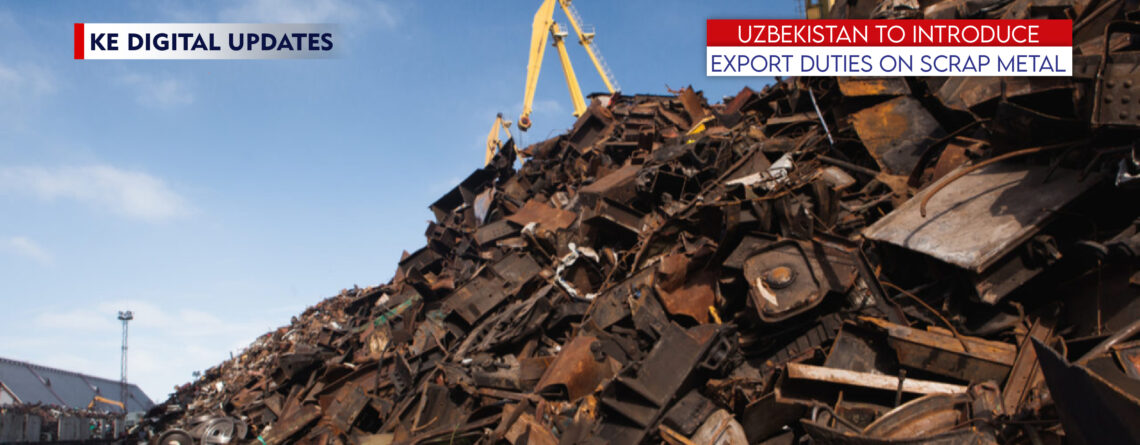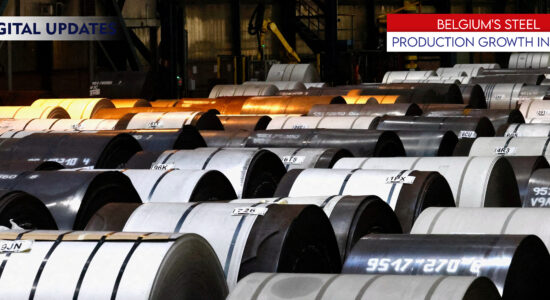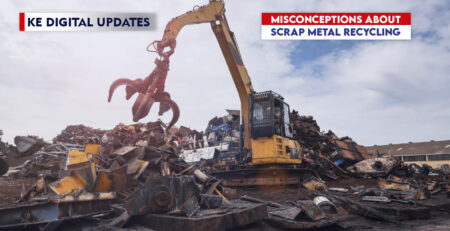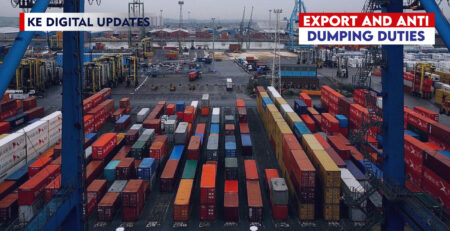Uzbekistan is poised to undergo a significant shift in its trade policy with the introduction of export duties on 86 goods, including scrap metal and waste materials. Effective July 1, 2025, these changes represent a step towards enhancing domestic industrial growth, aligning trade practices with international standards, and fostering transparency in export procedures.
Key Details of the Policy
Under the new regulations, Uzbekistan will impose a 100% export duty on metal scrap and waste, marking a pivotal change in the nation’s approach to raw material exports. This measure replaces the old permit-based system, which was abolished in 1997. The permit system often lacked clarity and efficiency, leading to challenges in export administration. The government aims to establish a straightforward framework for managing exports by switching to export duties.
Alignment with WTO Guidelines
One of the key motivations behind this policy change is Uzbekistan’s commitment to aligning its trade regulations with World Trade Organization (WTO) standards. As Uzbekistan continues to integrate into the global economic landscape, introducing export duties is part of the broader efforts to adhere to international trade norms. This shift is expected to bolster the nation’s reputation as a responsible trade partner while fostering better engagement in global commerce.
Promoting Domestic Processing Industries
Another fundamental goal of this policy is to support local processing industries. By curbing the export of raw materials such as scrap metal, the government seeks to redirect these resources toward domestic enterprises, allowing them to flourish. This strategic move is expected to create opportunities for investment, innovation, and job creation within the processing sector. Encouraging local utilization of raw materials could also strengthen Uzbekistan’s position in manufacturing and value-added industries.
Regional Context
Uzbekistan is not alone in implementing restrictions on scrap metal exports. Several neighboring countries, including Kyrgyzstan, Russia, Armenia, and Kazakhstan, have already imposed or extended limitations on scrap exports to bolster their domestic industries. These policies reflect a growing trend in the region, where nations prioritize industrial self-reliance and economic development by retaining essential raw materials within their borders.
Anticipated Impact
Introducing export duties will likely multifacetedly impact Uzbekistan’s economy and trade dynamics. On one hand, it is expected to attract investment into processing and manufacturing industries, driving economic growth and technological advancement. On the other hand, metal scrap and waste exporters may face challenges adapting to the new regulations, potentially leading to shifts in their business models.
Furthermore, this policy may contribute to environmental sustainability by encouraging the efficient use of raw materials and minimizing waste. As industries develop mechanisms to recycle and process resources domestically, the nation may experience long-term benefits in terms of both economic and ecological well-being.
Conclusion
Uzbekistan’s decision to introduce export duties on scrap metal and other goods is a landmark move aimed at fostering industrial development, aligning with global trade standards, and enhancing transparency in export procedures. By implementing these changes, the government is laying the foundation for sustainable economic growth and positioning itself as a proactive player in the international market. As these measures take effect, the nation’s processing industries are set to receive a significant boost, paving the way for a stronger, self-reliant economy.






Leave a Reply